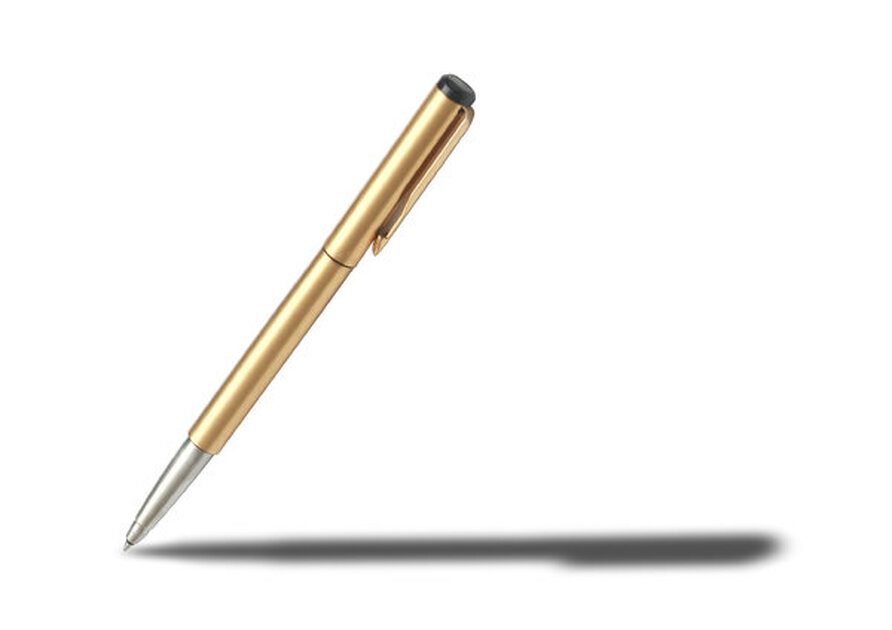
Our Gemara on Amud Beis offers an intriguing expression of praise for the sage, Mar Ukva:
"He who has light upon him, like Moses, who is called the son of Batya."
The commentaries question why Mar Ukva is specifically described in this way, and why Moshe is principally identified as the son of Batya (who, according to the Midrash, was Pharaoh’s daughter and raised him).
Rashi cites a tradition that Mar Ukva’s initial repentance and awakening to Torah life occurred after a severe temptation to commit adultery, which he overcame at the last moment. He is compared to Nosson Tzutzisa, as described in Shabbos (56b), whose holiness was symbolized by a fire above his head, a light from his otherworldly purity that allowed him to resist temptation and adhere to his morals. Peri Tzaddik (Shemos 10) notes that Moshe, who was known as the “Egyptian man” (Shemos 2:19), also had rays of light emanating from his head because, like Mar Ukva, he had to resist temptations despite the challenges posed by his upbringing as an Egyptian in Pharaoh’s palace.
I will develop this idea further. Where else do we find the term “Egyptian man”? Moshe killed an Egyptian man who was beating a fellow Jew (Shemos 2:11-12). Some see Avraham’s departure from his birthplace as a symbolic shedding of an old self to embrace his destiny. Similarly, Yaakov’s wrestling with the angel represents his internal struggle as he prepares to confront his estranged brother and return to his childhood home. In the same way, before Moshe could confront Pharaoh and lead the Jewish people, he needed to “kill off” the Egyptian within him. This Egyptian represented traits he had adopted in Egypt that he needed to discard in order to fulfill his mission.
Later, in the wilderness, we encounter another Egyptian man, the son of an Egyptian and a Jewish woman (Vayikra 24:10). This individual blasphemes, and Moshe, perplexed, seeks divine guidance. He ultimately rules that the man is to be stoned (ibid 11-14). Who is this half-Jew, half-Egyptian? According to the Midrash, he is the son of the same Egyptian whom Moshe had killed (Rashi, ibid 10). Why was he beating the Jew? The Midrash explains that he raped the Jewish man’s wife in order to dispose of him (Shemos 2:11). Isn’t it interesting that off the conundrums to confront Moshe, this one involves a part of his past, and he cannot recall the halacha? This violent act, along with the illegitimate birth and subsequent execution of the child, could symbolize aspects of the “Egyptian man” still lingering within Moshe. These unresolved elements of his past surfaced in the wilderness and needed to be eliminated once again.
Why a second time? It’s notable that this time the man is not purely Egyptian, but a mix of Egyptian and Jewish. Perhaps Moshe’s act of killing the Egyptian earlier in the Exodus symbolized his casting off the overt, obvious influences of Egypt. However, after the Exodus, to fully accept the Torah, Moshe had to confront even the more subtle aspects of Egyptian influence—those elements born of both his Egyptian and Jewish upbringing.
As members of a society and era that often corrupts our morals through tempting deconstructions and rationalizations, we too must confront the Egyptians and half-Egyptians within us.
Translations Courtesy of Sefaria, except when, sometimes, I disagree with the translation ![]()
If you liked this, you might enjoy my Relationship Communications Guide. Click on the link above.
Rabbi Simcha Feuerman, Rabbi Simcha Feuerman, LCSW-R, DHL is a psychotherapist who works with high conflict couples and families. He can be reached via email at simchafeuerman@gmail.com
 Previous
Previous

